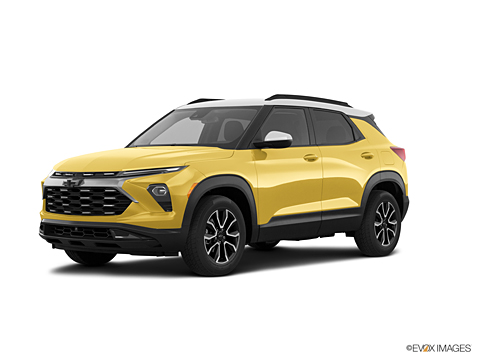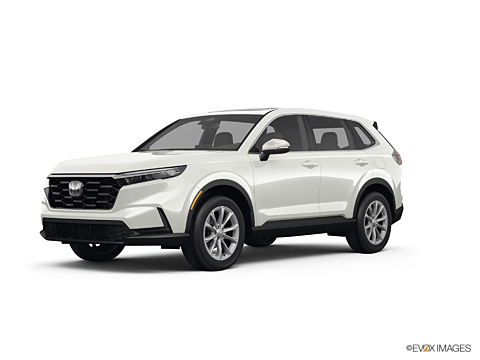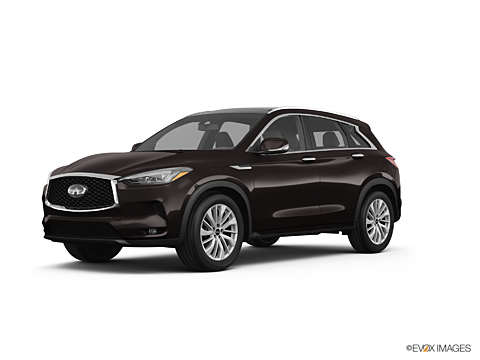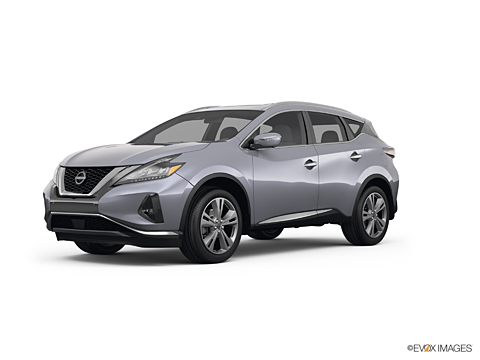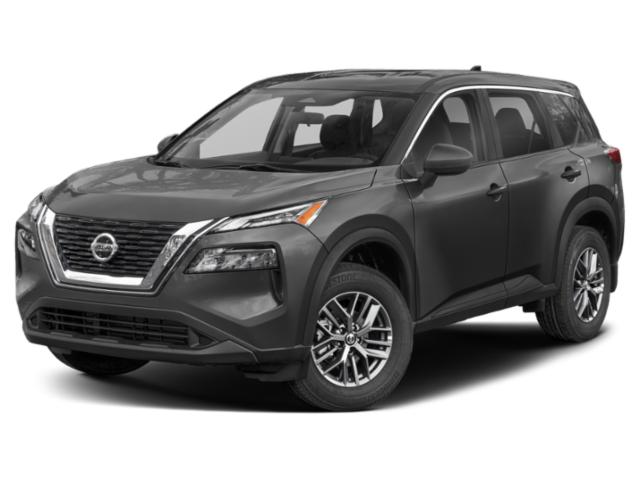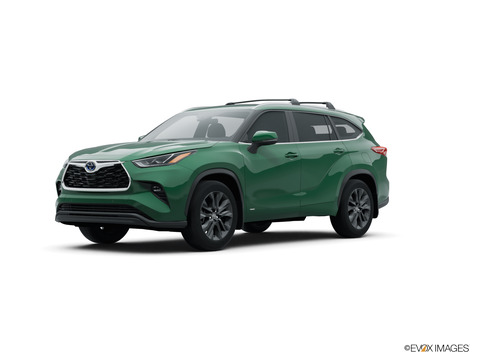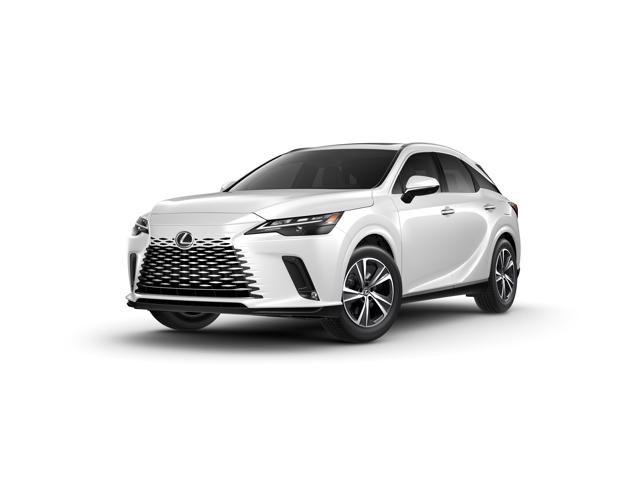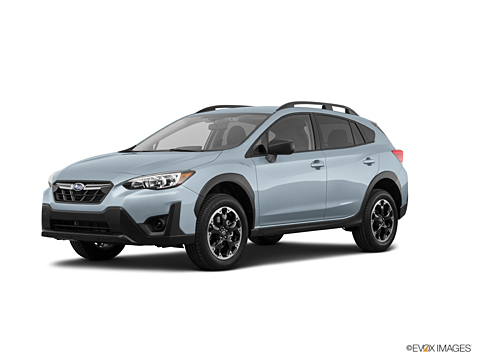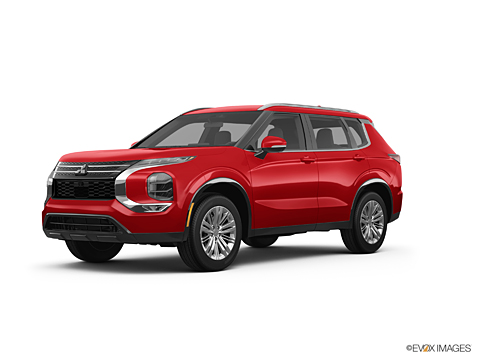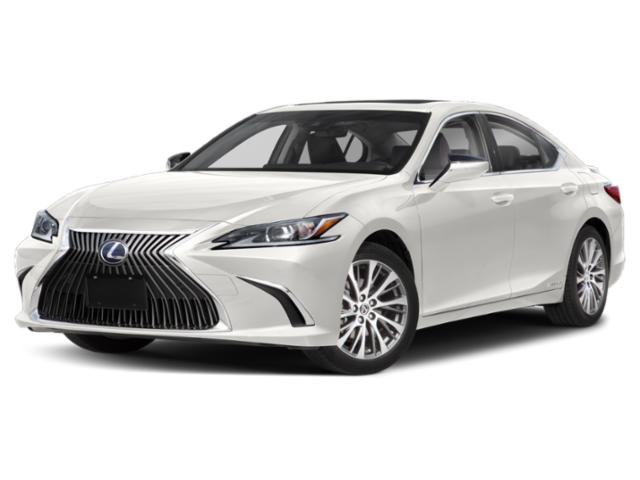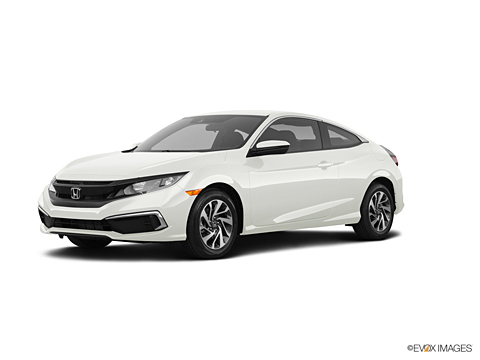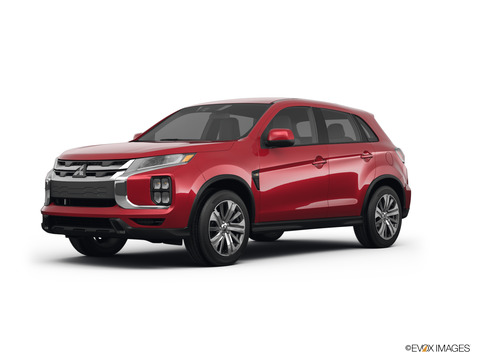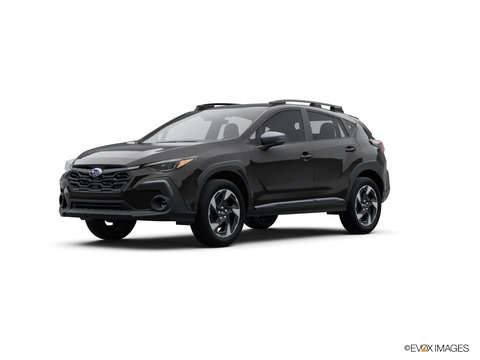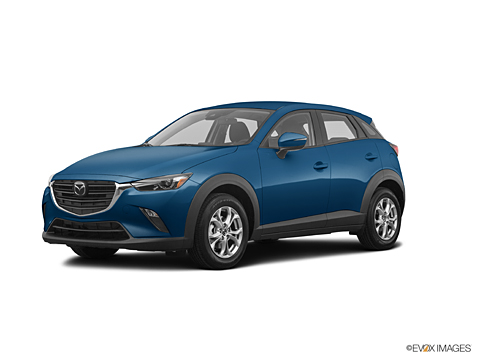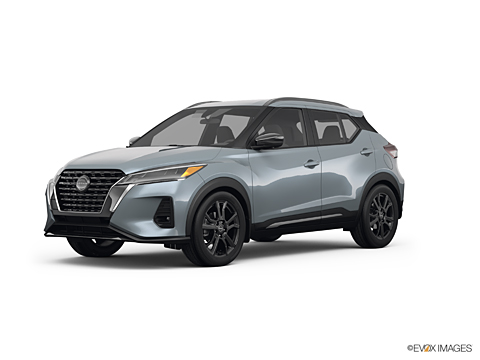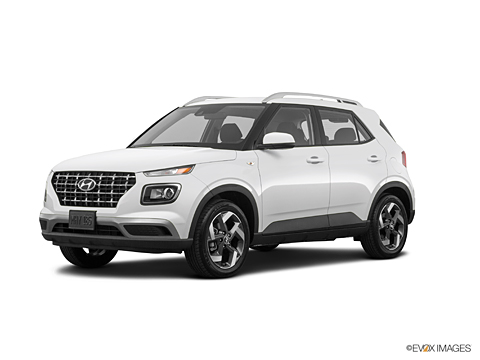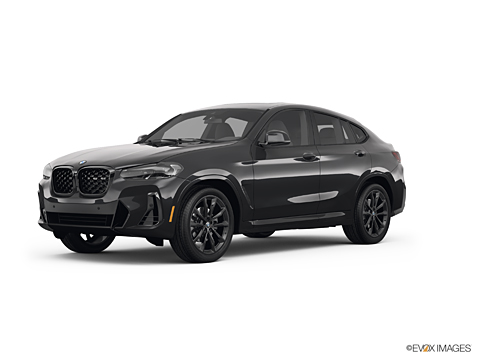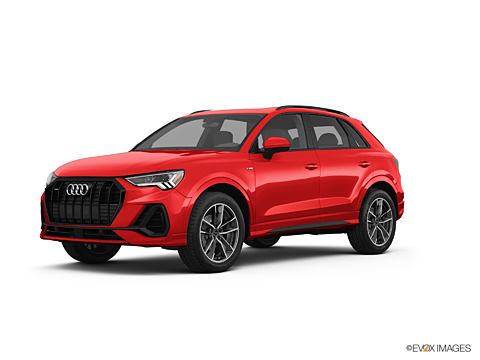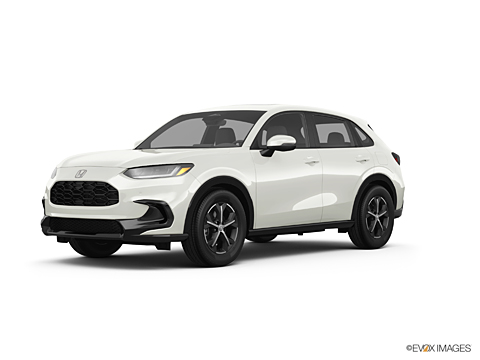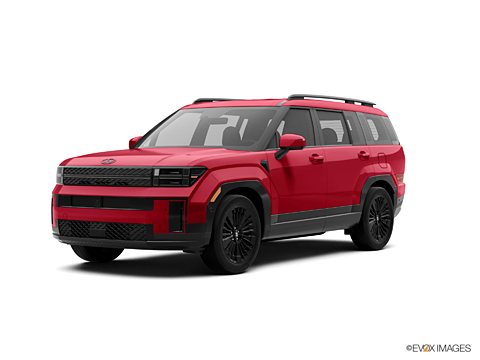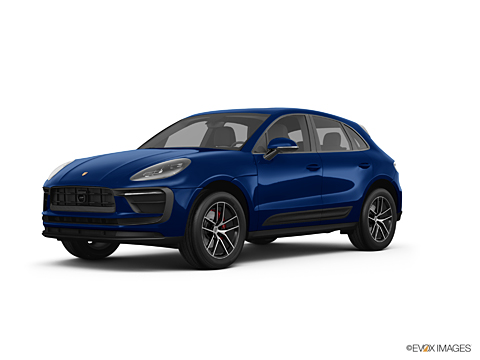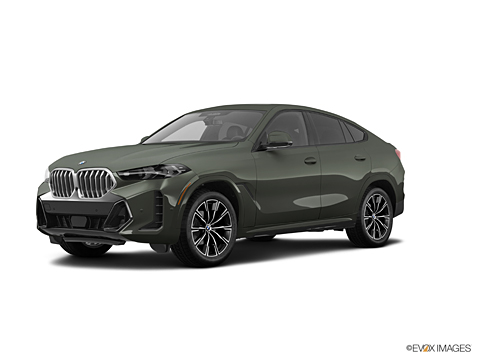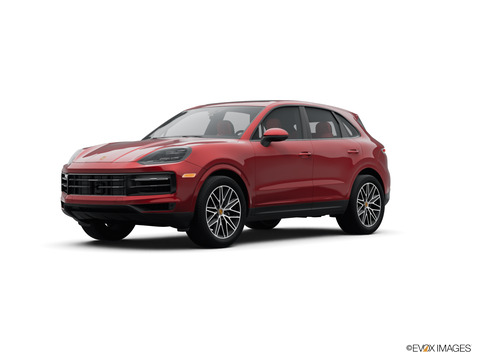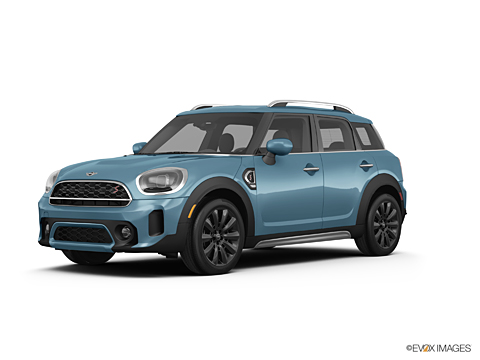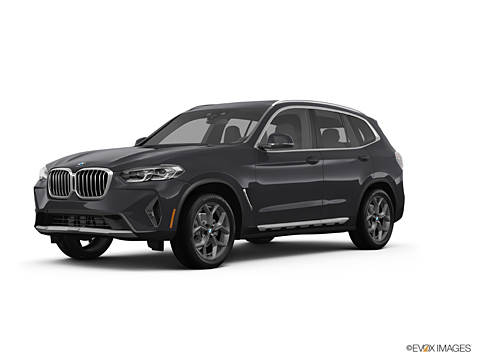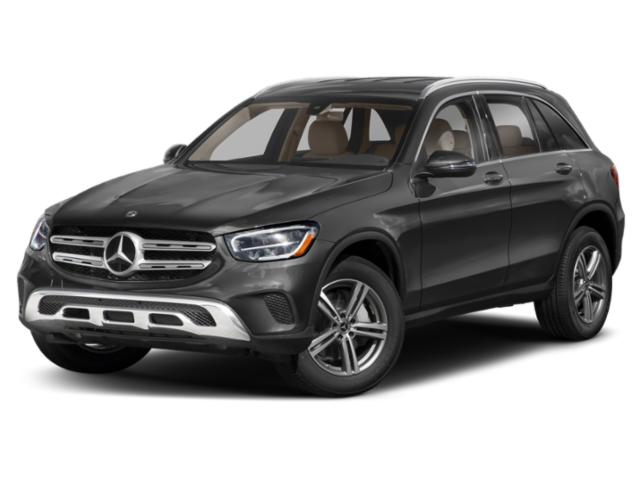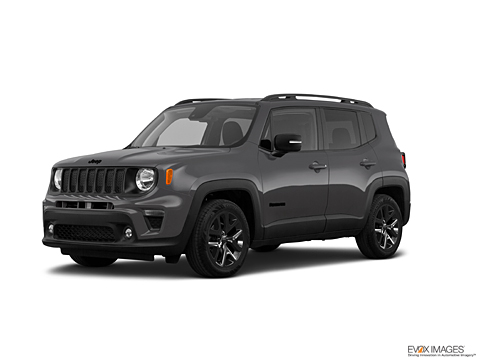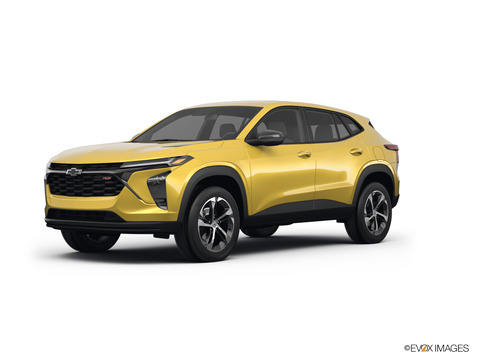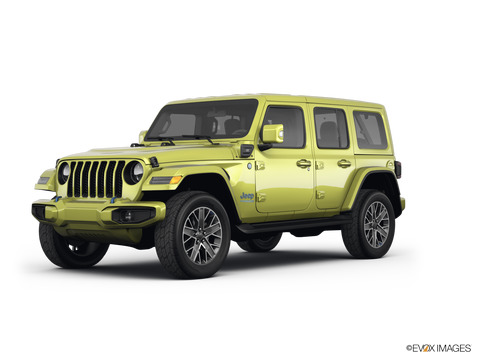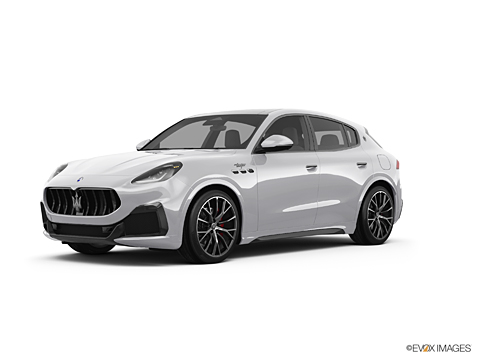
Best CVT SUVs for 2024
These are the best CVT SUVs based on iSeeCars' analysis of each vehicle’s reliability, resale value and safety.
The best cvt subcompact SUV is the Chevrolet TrailBlazer (8.8 quality rating), with the Honda CR-V being the best cvt small and compact SUV (8.9 quality rating). The Nissan Murano ranks #1 for the best cvt midsize SUVs (8.6 quality rating).
The best cvt crossover SUV is the Honda CR-V (8.9 quality rating) and the best cvt three-row SUV is the Nissan Rogue (8.1 quality rating). Topping the list for the best cvt hybrid SUVs is the Toyota Highlander Hybrid (9.2 quality rating), while the Subaru Crosstrek (Plug-in Hybrid) ranks first for the best cvt plug-in hybrid SUVs (PHEV) (7.8 quality rating).
The traditional automatic transmission has been upstaged in recent model years by the continuously variable transmission, or CVT. This is because a CVT transmission’s design delivers a fuel efficiency advantage over conventional automatics. As automakers struggle to keep pace with rising fuel economy standards, CVTs have become a preferred drivetrain component for brands ranging from Audi to Mercedes-Benz to Toyota.
The “continuously variable” component of a CVT refers to its ability to offer a continuously variable gear ratio at any given vehicle speed. This allows a CVT to keep the engine in its most fuel efficient RPM range over a wider spectrum of speeds compared to a conventional automatic transmission with fixed gear ratios. A CVT varies its gear ratio by utilizing two cone- or V-shaped pulleys connected by a belt or chain. These pulleys constantly change position, relative to each other, changing the effective gear ratio and torque delivered to the wheels.
Nissan was one of the first automakers to adopt CVT technology for its smaller models like the Sentra and Rogue. Today it’s easy to find a new car with a continuously variable transmission, including the Honda Civic, Kia Forte, and Toyota Corolla. CVTs are also popular on hybrids and EVs that use electric motors, as these transmissions can extend the efficiency and range of battery-powered vehicles. It’s worth noting that the driving experience with a CVT can feel slow and sluggish compared to a traditional automatic, which is why enthusiast brands like BMW and Mazda have avoided using them.
iSeeCars has identified all the SUVs that come with CVTs and listed them below. The vehicles are organized by their size and price categories, then ranked by their iSeeCars quality score, which takes reliability, resale value, and safety into consideration. You can also read about each SUV’s new and used pricing, mpg ratings, and cargo capacity in the lists below.

How We Rank These Cars
The best CVT cars rank vehicles by iSeeCars Score which is based on our proprietary assessment of a vehicle’s reliability, resale value and safety (based on ratings from IIHS and NHTSA).
We analyze data from over 12 million new and used vehicles in our Longest-Lasting Cars and 5-Year Depreciation Studies, combined with the NHTSA's Safety Ratings to give you an unbiased guide to the best vehicles in each segment.
iSeeCars Score is an analysis of three factors: reliability, resale value and safety. It is calculated based on the latest research and analysis by our data science team. The data analysis comes from over 12 million new and used vehicles in our Longest-Lasting Cars and 5-Year Depreciation Studies, combined with NHTSA and IIHS Safety Ratings.
Vehicles are scored in three categories:

Reliability
The reliability score represents an analysis of iSeeCars' proprietary research on the longest-lasting vehicles.

Value Retention
The value retention score is based on our data science team's statistical analysis and prediction of 5-year depreciation from MSRP to determine which cars hold their value best, using US Bureau of Labor Statistics data to adjust for inflation.

Safety
The safety score is calculated based on the last five years of crash test ratings from the National Highway Traffic Safety Administration (NHTSA) and incorporates the latest Top Safety Pick information from the Insurance Institute for Highway Safety (IIHS).

